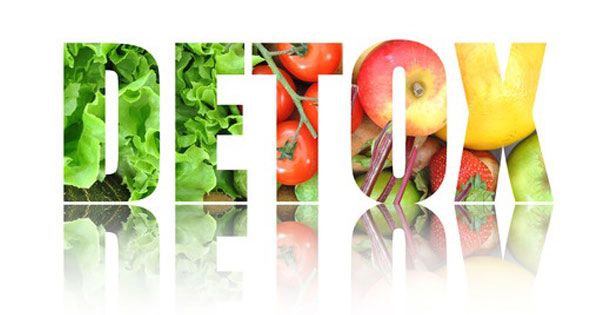Understanding the Raw Food Detox Diet
What is a Raw Vegan Detox?
A raw food detox emphasizes consuming unprocessed, uncooked foods, primarily organic and free from preservatives. Foods in this diet are not heated above 42°C to preserve natural enzymes and nutrients. Dr. Edward Group, a leading expert in detox diets, explains, “Raw foods are rich in enzymes that are typically destroyed during cooking, enzymes that are crucial for digestion and nutrient absorption.”
Foods to Include
This diet is rich in raw vegetables, fruits, nuts, seeds, and sprouts. It also includes cold-pressed oils, fermented foods, herbal teas, and minimally processed items like vinegar. Dr. Group advises, “Organic produce is essential to avoid the toxins present in conventional farming methods.”
Health Benefits of a Raw Food Diet
Research-Backed Benefits
A study published in the ‘Journal of Nutrition’ found that a raw vegan diet significantly reduced symptoms of rheumatoid arthritis. Another study in the ‘American Journal of Clinical Nutrition’ reported increased weight loss in individuals following a raw food diet. However, it’s important to note that while these studies show promising results, more research is needed for conclusive evidence.
Long-Term Health Impacts
According to a 12-year study by the American Society for Nutrition, vegetarians, including those on raw food diets, have lower rates of diabetes, cancer, and heart disease. Dr. T. Colin Campbell, a biochemist and author of ‘The China Study,’ states, “A plant-based diet, particularly when it includes lots of raw foods, can have a profound impact on overall health.”
Starting Your Raw Vegan Detox Journey
Preparing for the Detox
Begin by stocking up on raw foods and clearing processed items from your kitchen. Planning meals in advance is crucial for success. Nutritionist Jane Clarke suggests, “Meal planning is key to maintaining a balanced and nutritious raw food diet.”
Meal Preparation and Social Settings
Prepare meals and snacks ahead of time to resist temptation. When socializing, bring along raw food treats to stay on track. Clarke adds, “Having prepared raw snacks helps maintain your diet integrity in social situations.”
Practical Tips for Integrating the Raw Food Diet into Everyday Life
- Embrace Colorful Eating: Incorporate a variety of colors in your raw food diet. This not only makes your meals visually appealing but ensures a diverse intake of nutrients.
- Mindful Transition: Gradually introduce raw foods into your diet. Start with one raw meal a day, then slowly increase as your body adapts.
- Stay Hydrated: Drink plenty of water, herbal teas, and fresh juices. Hydration is key in aiding digestion and maintaining energy levels on a raw food diet.
Adapting to Seasons
In colder months, add warming spices like cayenne and ginger to your meals. You can also warm your plates before serving to enjoy a cozy meal experience. Dr. Group recommends, “Spices not only add flavor but also offer various health benefits, including improved circulation which is beneficial in colder weather.”
Conclusion: Embracing a Balanced Diet
Whether it’s a short-term detox or a long-term lifestyle, the raw vegan diet emphasizes a balanced intake of fruits, vegetables, nuts, and seeds. It’s about nourishing your body with natural, wholesome foods for optimal health. Dr. Campbell concludes, “The raw food diet isn’t just a diet; it’s a lifestyle that promotes natural well-being and longevity.”
Reference Links from Reputable Sources
- U.S. News & World Report – Raw Food Diet Review: This comprehensive review provides insights into various aspects of the raw food diet, including its ranking in different diet categories and expert opinions. Read more
- LIVESTRONG – Detoxing on a Raw Food Diet: This article discusses the realities of detox diets and the role of a raw food diet in weight loss and nutrient consumption. Explore the article



